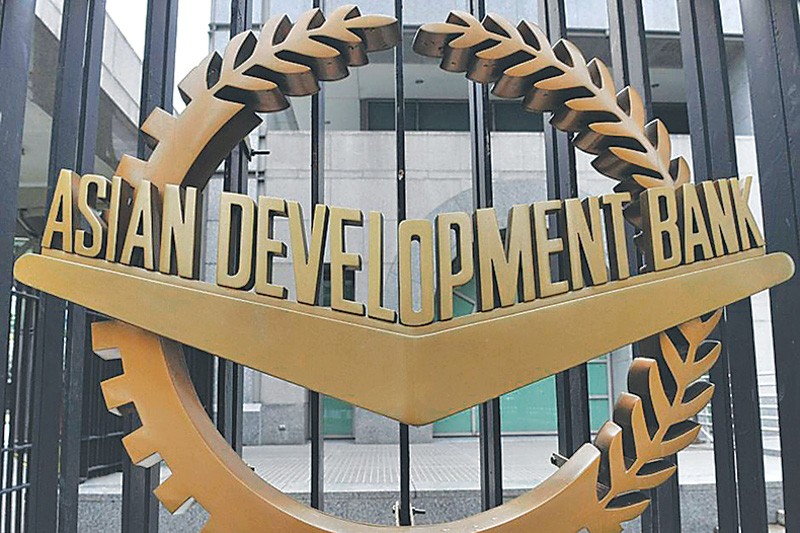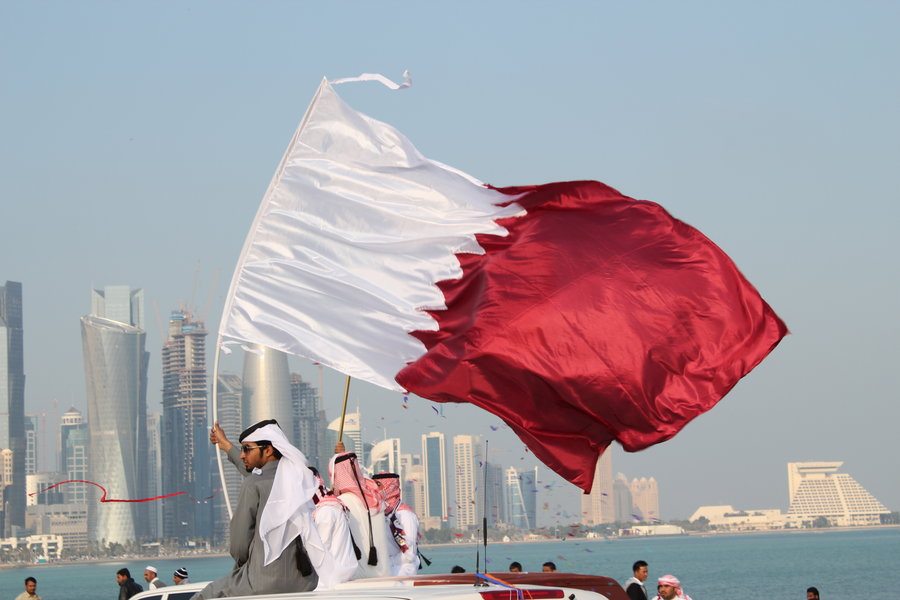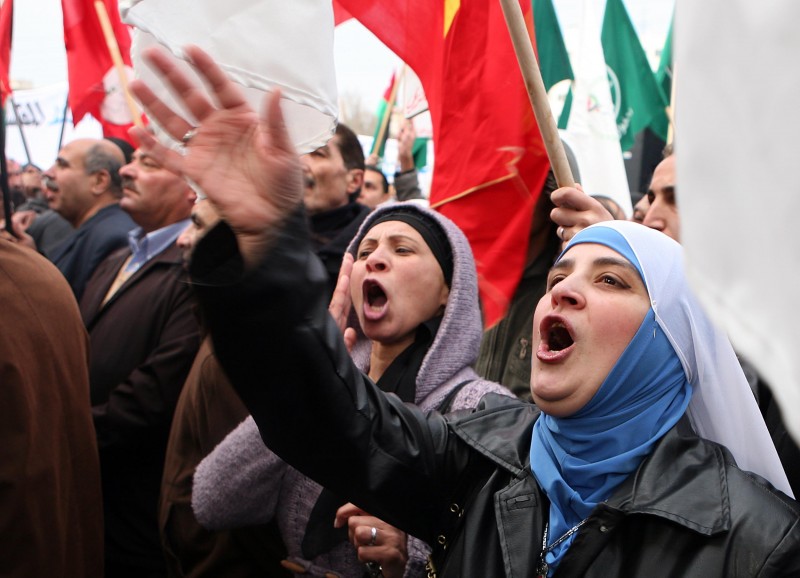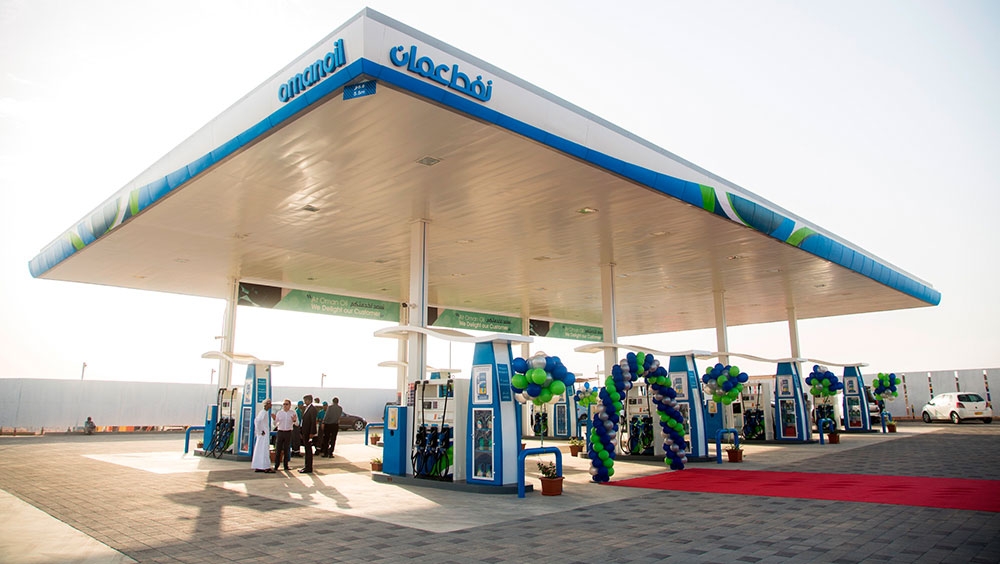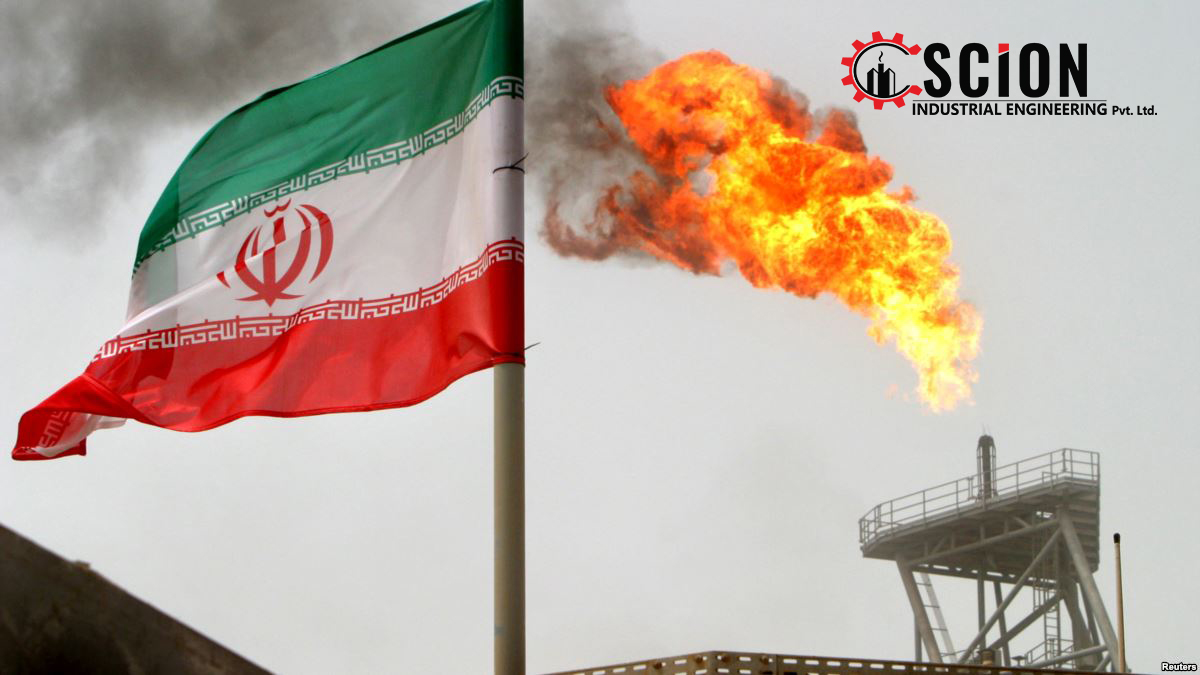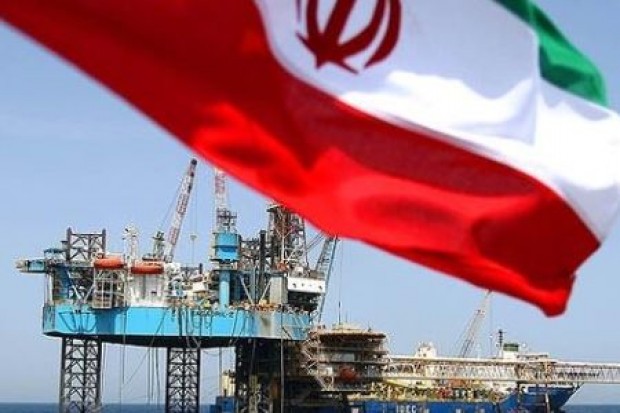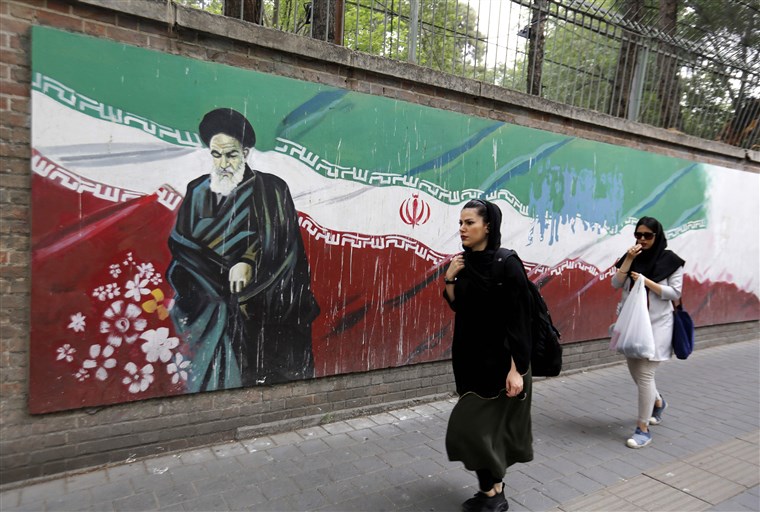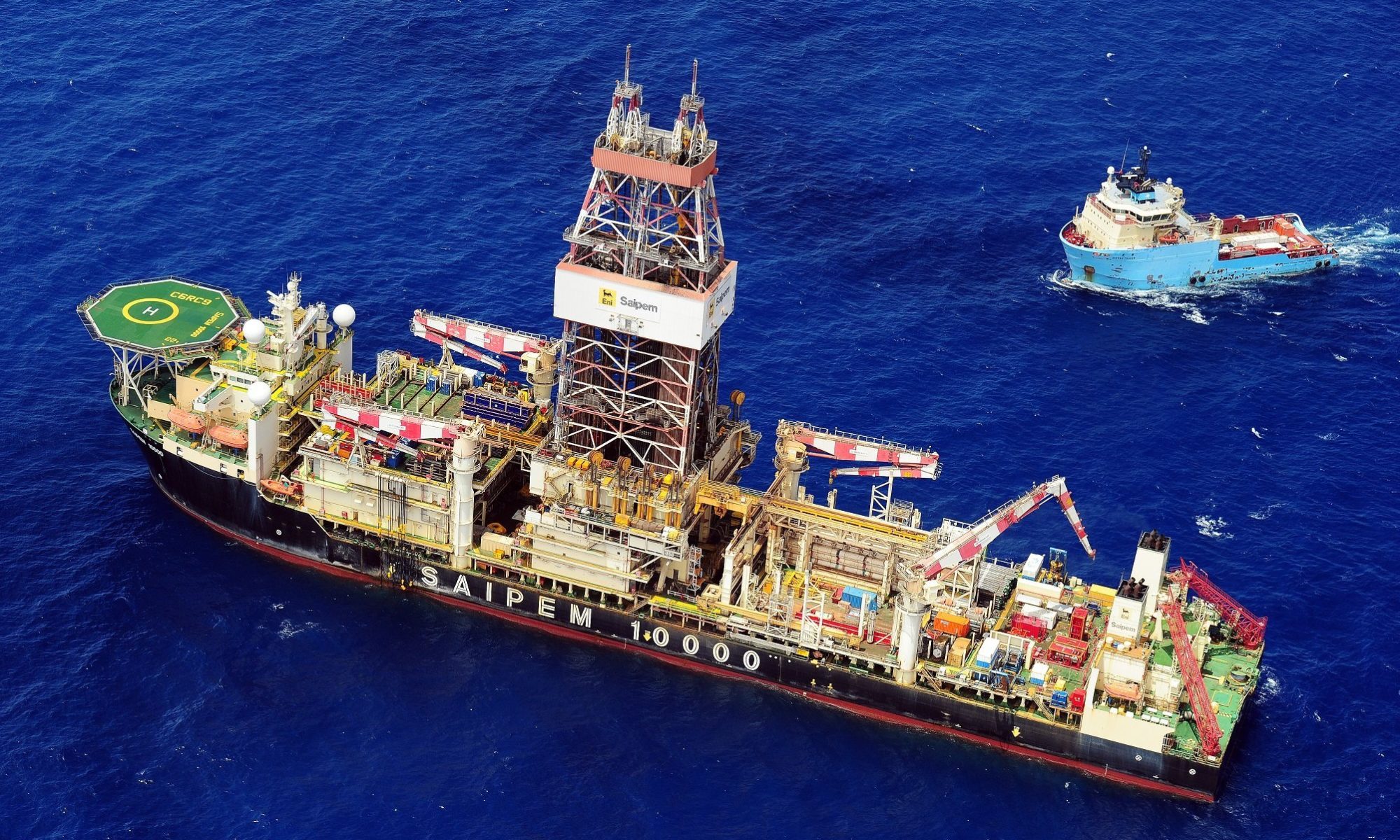Asian Development Bank (ADB) Vice-President Mr. Wencai Zhang together with the Prime Minister Tshering Tobgay and Finance Minister and ADB Governor Namgay Dorji joined an inauguration ceremony of a new ADB office in Thimphu on July 3, hailing the move as a significant moment in the ADB-Bhutan partnership, the Manila-based bank has said.
“The new office will meet our country operations needs and ensure that our growing personnel and resources will match Bhutan’s developmental aspirations in the Twelfth Five Year Plan and beyond,” Zhang said. “Moving into this new office signifies a long-term commitment in ADB’s partnership with Bhutan.”
Zhang paid courtesy calls on the Prime Minister and Finance Minister in which they discussed the country’s development challenges and ADB’s role in addressing these. Despite Bhutan’s impressive economic performance, its economic growth has been driven mainly by a few sectors, particularly hydropower and its related construction. Bhutan needs to continue and enhance efforts to broaden its economic base to sectors that generate employment, particularly to address the increasing youth unemployment problem.
Since the start of operations in Bhutan in 1982, ADB has invested more than $700 million in sovereign and nonsovereign operations and provided more than $50 million of technical assistance to Bhutan.
“ADB’s finance helps improve the life quality of people,” said ADB Bhutan Country Director Kanokpan Lao-Araya. “We aim to contribute to the strong foundations on which Bhutan is building a vibrant economy.”
ADB has started preparing a new Country Partnership Strategy (CPS) 2019–2023 to support development priorities in the Twelfth Five Year Plan, which will be finalized and endorsed by the new government after the general election. Prior to the finalization of the new CPS, ADB will prepare a Country Operations Business Plan (COBP) 2019–2021. The COBP will support priority areas, such as better access to finance for the private sector including small and medium enterprises and cottage and small industries, among others.
During the day, loan and grant agreements were signed for the two projects approved to date by ADB’s Board of Directors in 2018. One is a $10-million loan to help improve urban infrastructure and services of the secondary towns of Samdrup Jongkhar, Sarpang, and Trashigang. The other is a loan and grant package totaling $53 million to promote growth in and around the country’s major border city of Phuentsholing by developing a township area adjoining the city protected by new defenses against floods and riverbank erosion.

